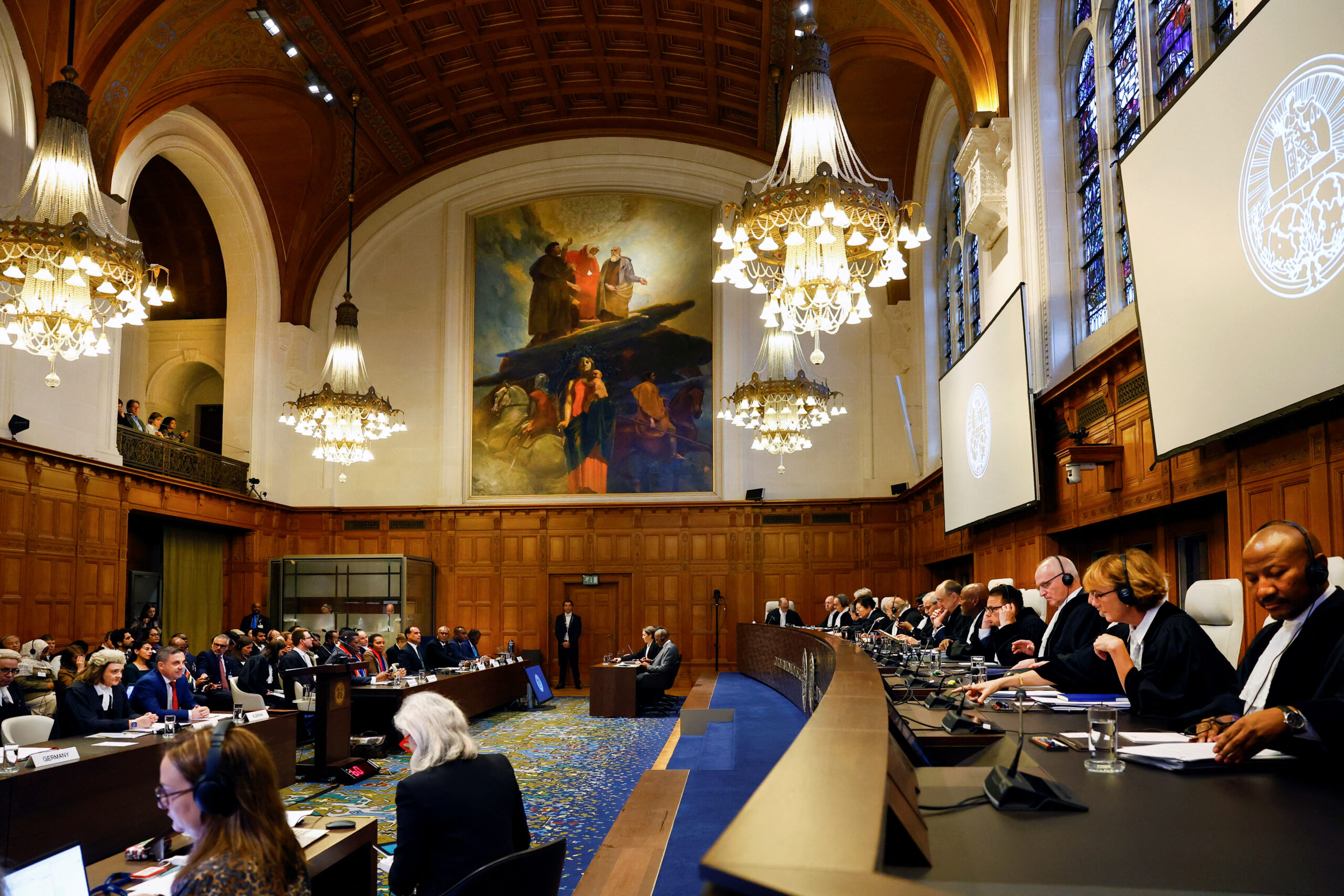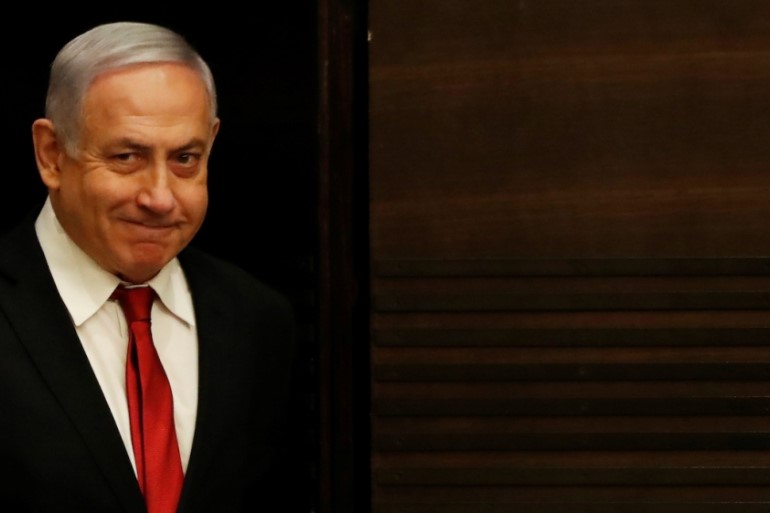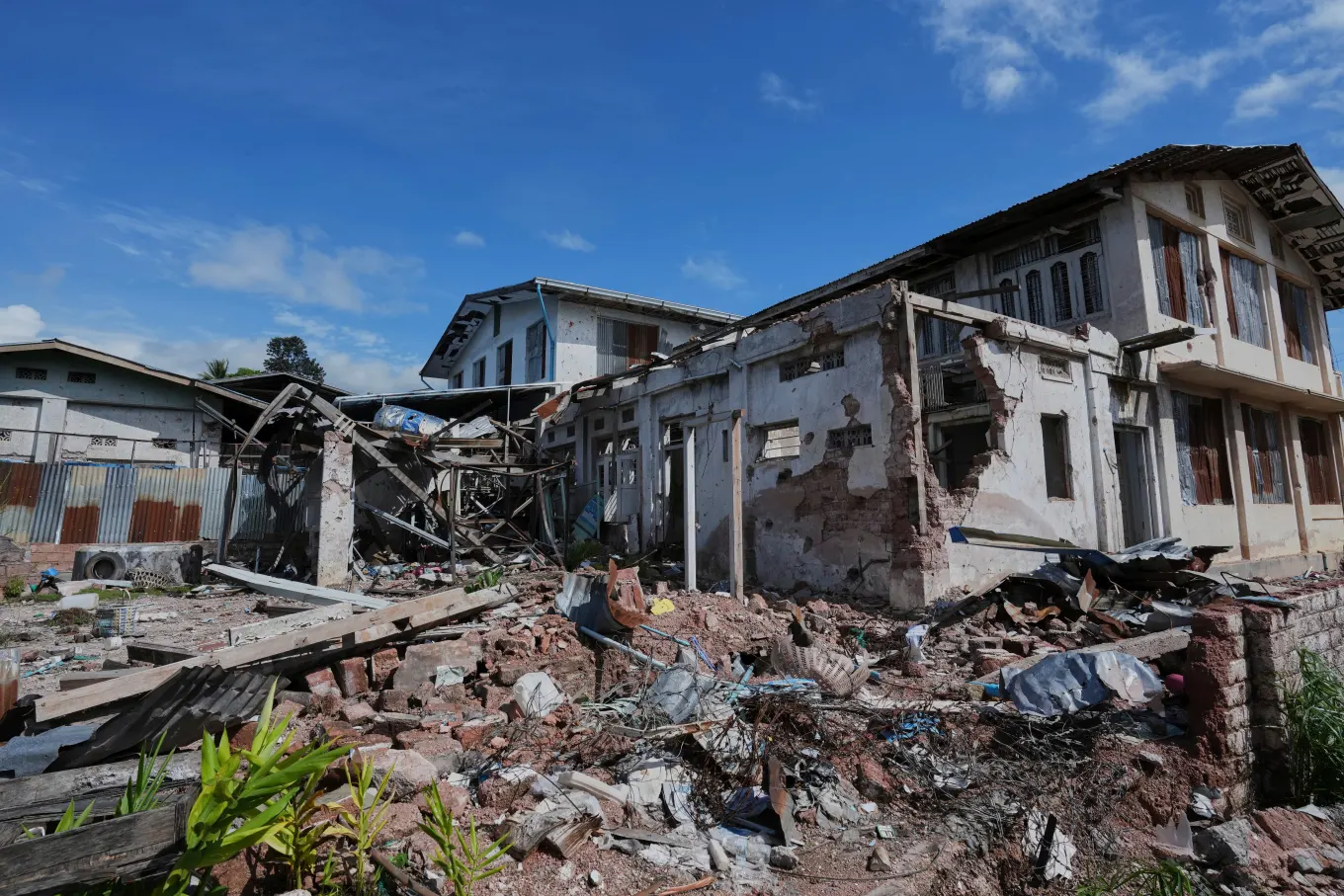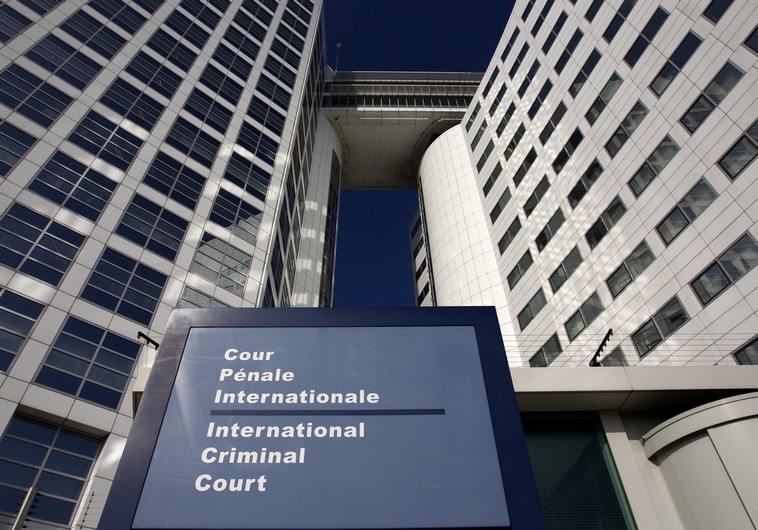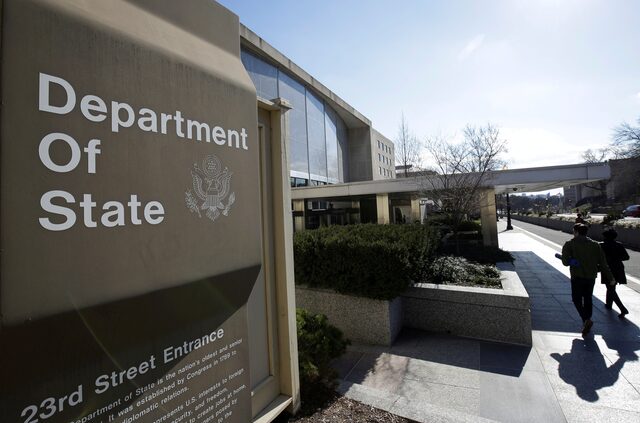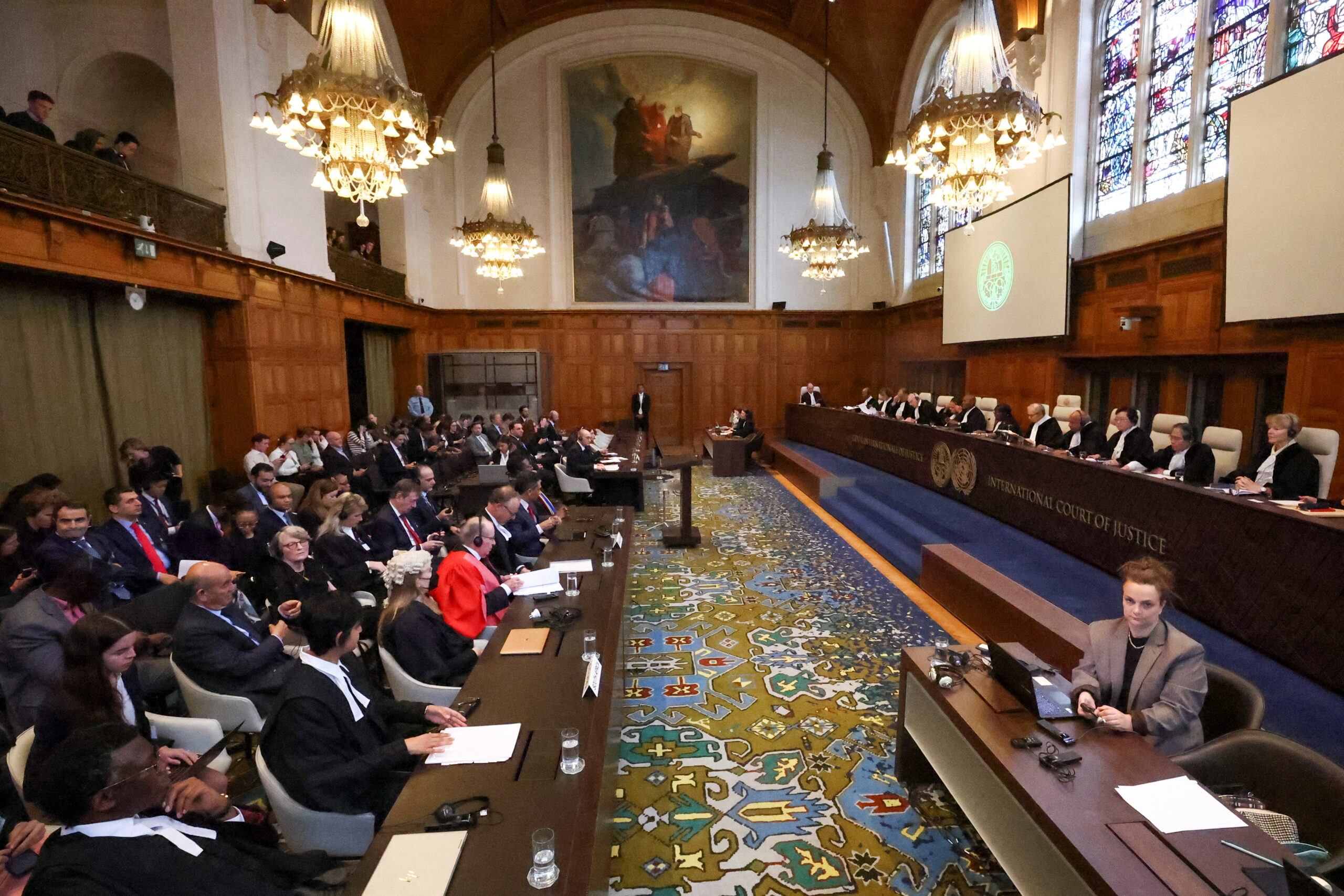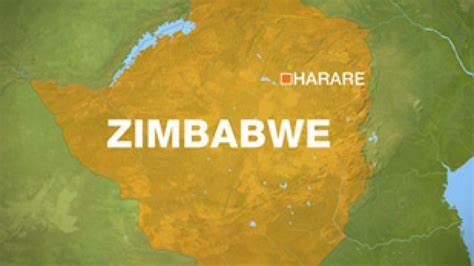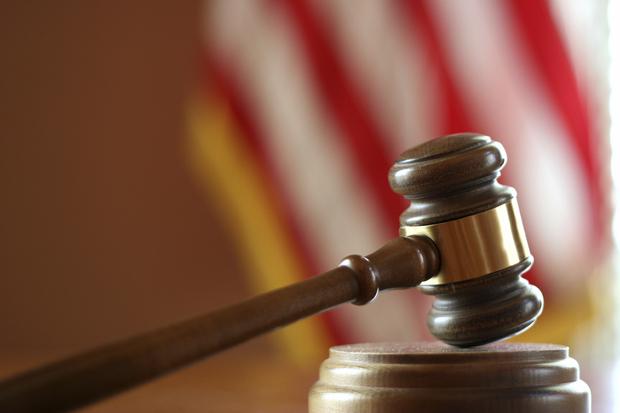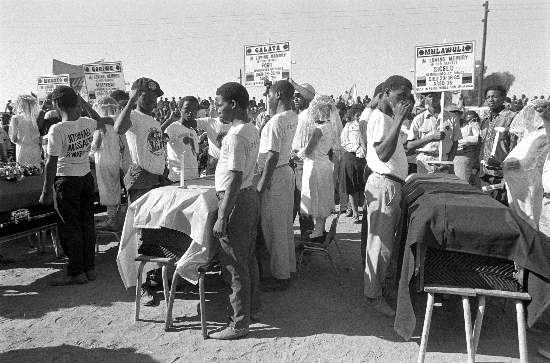Minneapolis/Chauvin trial
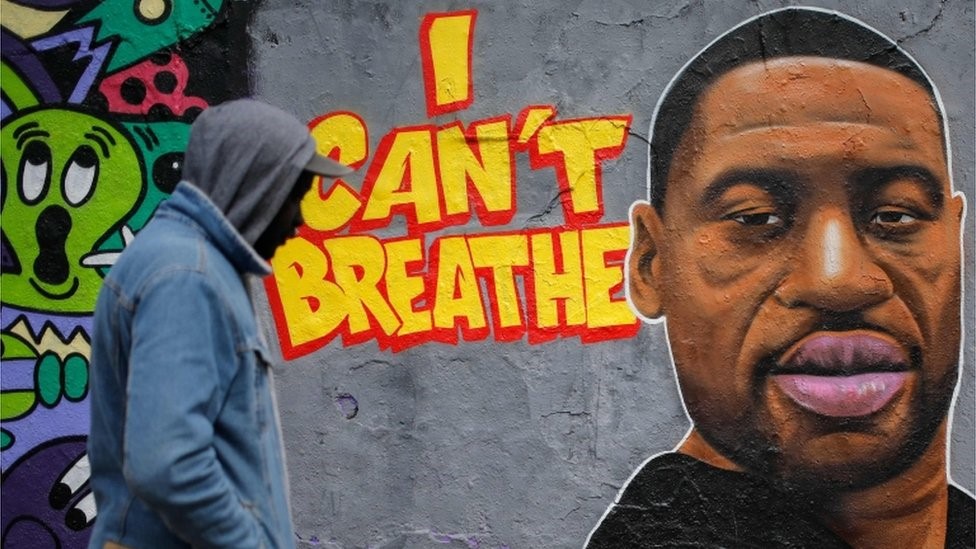
The Hennepin County Medical Examiner's autopsy listed Floyd's cause of death as heart failure "complicating law enforcement subdual, restraint, and neck compression," and ruled it a homicide/Aljazeera.
Court convenes with opening arguments set to begin in the trial of former Minneapolis police officer Derek Chauvin, 45, charged with the murder of George Floyd on May 25. The trial is expected to last 3-4 weeks.
Chauvin is charged with second-degree murder, third-degree murder, and second-degree manslaughter. Video footage of Chauvin kneeling on Floyd’s neck for almost nine minutes prior to his death provoked widespread condemnation, protests, and unrest in Minneapolis, across the U.S., and around the world, sparking calls for police defunding, stopping police brutality, and racial equality.
Chauvin is the first Minnesota law enforcement officer to be tried for murder for the on-duty killing of a Black person. It will also be the first high-profile criminal trial in a Minnesota state court to be broadcast LIVE.
The trial has been described as one of the most important in the nation’s history, a potential barometer of change in a country where police officers are rarely punished for abusive behavior and fatal tactics used on the job, the WaPo reports. Legal twists and turns started just as jury selection got underway; the trial nearly stopped before it began over a dispute about the reinstatement of the third-degree murder charge against Chauvin by the judge. Then on March 12, the case was rocked by the announcement the city had agreed to a $27-million settlement with the Floyd family, resulting in demands from the defense to delay the trial to allow attorneys to rework their arguments for the trial and also calls for
a change of venue.
Three other officers involved in Floyd’s arrest and subsequent death: J. Alexander Kueng, Thomas Lane, and Tou Thao, are charged with aiding and abetting second-degree murder and aiding and abetting second-degree manslaughter and will be tried separately in August. All have been fired from the police department.
Chauvin’s defense team has indicated they will argue Floyd died from a combination of heart disease, drugs in his system, and COVID, and not from Chauvin kneeling on his neck. The Hennepin County Medical Examiner’s autopsy listed Floyd’s cause of death as heart failure “complicating law enforcement subdual, restraint, and neck compression,” and ruled it a homicide. The medical examiner also noted arteriosclerotic and hypertensive heart disease; fentanyl intoxication; and recent methamphetamine use as “other significant conditions.”
JUDGE
The trial judge is Hennepin County Judge Peter Cahill. On March 19th he ruled that opening arguments would begin on March 29th as planned and the trial venue remains in Minneapolis. Cahill also ruled he will allow limited evidence from Floyd’s 2019 arrest, an unusual move from an unrelated case, and because Floyd is the victim. Cahill ruled that officer bodycam video from the 2019 incident will be allowed from the time an officer approached the vehicle with a gun drawn to the time Floyd was out of the vehicle and handcuffed. He also said photos from 2019 of pills in the back seat of a squad car will be admitted, saying drug ingestion could have combined with a heart condition to play a role in Floyd’s
2020 death. Judge Cahill has warned journalists against reporting what is on notes and computers in the courtroom, along with the security details on the 18th floor. He called it “extremely irresponsible” and said there would be sanctions if these disclosures continued.
JURORS
The trial jury will consist of 12 jurors and three alternates should any juror be unable to continue with the trial. Prosecutors said 329 people were summoned as potential jurors in the case, a larger than usual pool. In late December, prospective jurors in Hennepin County were mailed a 16-page questionnaire asking about their views on policing, the criminal justice system, and movements such as Black Lives Matter. The survey provided several blank pages for long answers and asked potential jurors to disclose everything they know about the case, including how many times, if any, they viewed videos of Floyd’s arrest. It asks whether they participated in protests after Floyd’s death and what their signs said.
WITNESSES
There are nearly 400 people on the witness list. It’s unknown yet which witnesses will actually be called from this massive list. The list includes The three former police officers who were on the scene with Derek Chauvin when he kneeled on Floyd’s neck until he lost consciousness and died.
Also on the list are George Floyd’s younger brother, Philonise Floyd, and Darnella Frazier, the woman who recorded the arrest on her cellphone. Frazier is among a handful of witnesses called by both prosecutors and defense attorneys, including Minneapolis police chief Maderia Arradondo and fire chief Brian Tyner. Other defense witnesses include: Minnesota Bureau of Criminal Apprehension agents, police officers, and expert
witnesses from law enforcement and medicine.
IN THE COURTROOM
Courtroom access is strictly limited to the lawyers involved, the defendant, the judge, and his staff. One member of Floyd’s family can sit in the room each session. Chauvin is also allowed, one supporter. Along with the Court TV technician, there are two reporters in the courtroom every day on a rotating basis, and they provide written observations, to the reporters who are outside observing the video feed.
LIVESTREAM OF COURT PROCEEDINGS
A LIVE video and audio feed of the proceedings will be provided by Court TV. There will be only three cameras inside the room – aimed at the judge, the witness stand, and the prosecution and defense tables. In order to maintain the anonymity of the jurors, they will not be visible in the video feed. In November, Judge Cahill ordered video and audio of the court proceedings to be live-streamed in order to fulfill “the defendant’s constitutional right to a public trial and the media’s and public’s constitutional rights of access to criminal trials.” He cited immense global interest in the case, limited courthouse space, and COVID-19 restrictions. It is the first time a high-profile trial in a Minnesota state court will be broadcast live.
SECURITY
City officials have placed concrete barriers and other “fortifications” around government buildings, including the Government Center (where the courtroom is), Minneapolis City Hall, and police precincts. Access to the Government Center will be tightly controlled during the trial. Only people involved with the trial and a limited number of building support staff will be allowed to enter the building. The defendant and everyone else participating in the trial will arrive and leave through secured areas and be escorted to the courtroom. They will not park in public nor will they be seen walking into the building through public areas. The county courthouse is connected by tunnels to nearby buildings, including the county jail. Neither Chauvin, who is currently free on bail nor his attorney will be in areas around the courthouse accessible to the public during the trial. Law enforcement and Minnesota National Guard troops are expected to maintain a visible presence in the downtown area and around the city.
TRIAL LOCATION
The trial will be held in a courtroom on the 18th floor of the Hennepin County Government Center at 300 S. 6th Street in downtown Minneapolis.


